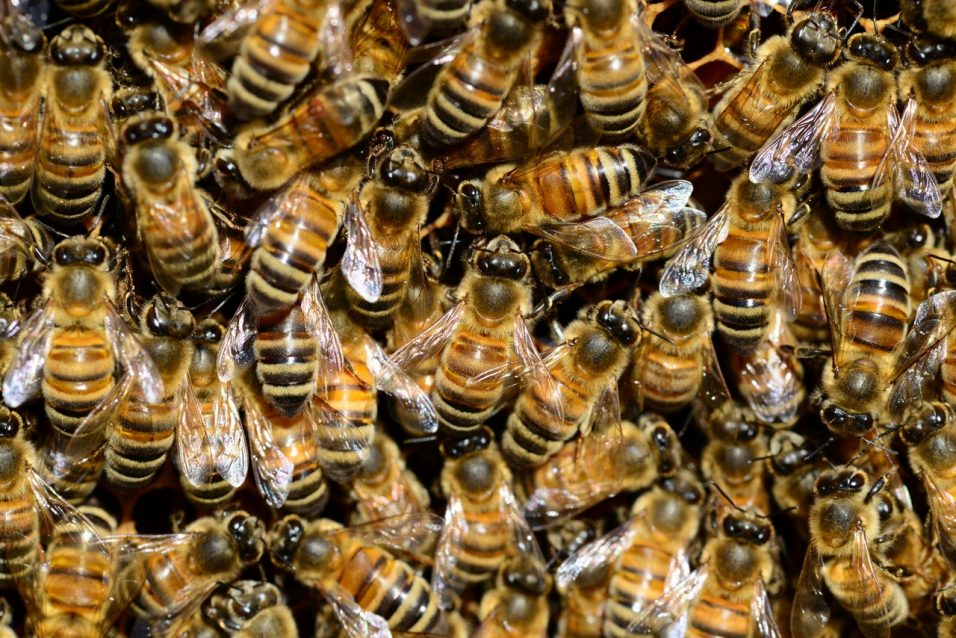Episodic Writing

Every writer knows the feeling: You have the idea, you can feel its potential. You have a vague structure for the story, you have characters, you have an endgame. Whether you’re a Pantser or a Plotter, you start work on the book and suddenly find yourself in a dark wood, uncertain of how to proceed. You have everything except a clear way forward to the bulk of your plot.
This can happen no matter what your process is, or how well-developed your idea/universe is. Sometimes writers think if they spend a year building the backstory, character bios, and universe they’ll be in a better position to write the story—and sure, that sometimes works. But no matter how well you know the universe of your book, you can still find yourself stuck at any point in the actual writing. Your characters stand around impatiently, waiting for you to figure out what’s next.
The problem sometimes lies in the need to always advance the plot. The advice that all the action in your story should in some way move your plot forward isn’t bad, but it can be misleading. Because sometimes the best way to advance your plot is to not advance the plot and engage in some episodic storytelling.
A Very Special Episode
Episodic storytelling is when you put aside the overarching plot and just have your characters interact with the universe you’ve built. It could be a series of self-contained stories, or even a longer mini-arc, or possibly a series of vignettes that don’t necessarily resolve into a coherent narrative. The point is to step away from your main plot and just explore.
In role-playing games and sandbox video games, there’s the concept of the Side Quest. You play the game and non-player characters (NPCs) will approach you with a mission. These side quests aren’t necessary to win the game, and don’t necessarily push you through the storyline of the game, but they allow you to experience aspects of the world, gain experience and capabilities, and extend the playing time.
That’s what episodic writing can do. Spend some time just wandering with your characters like the A-Team, getting into scrapes and learning about your universe. It’ll surprise you how it leads you back to your plot when you’re ready, and when you’ve finished a draft you can easily excise the episodes because they’re unrelated to the plot—or keep them in, possibly linking them up to the main plot. Worst case scenario is you have a lot of sections in your book that need to be removed—but chances are these episodes will contribute something to the overall story while enabling you to get there in the first place.








